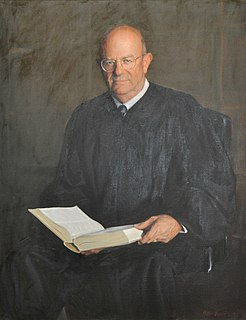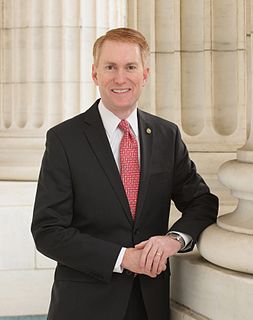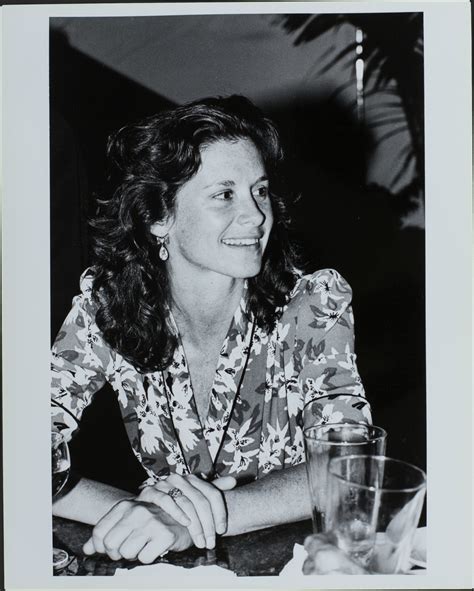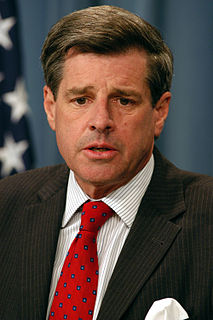A Quote by Donald Trump
I have a running war with the media. And they sort of made it sound like I had a feud with the intelligence community.
Related Quotes
We believe, from everything we have been told by the intelligence community, by 12 years of history with Iraq, by the experience of the U.N. inspectors and by other intelligence agencies in other countries that Saddam Hussein had the intention to develop weapons of mass destruction and to have such weapons, and that was a sound judgment which I still believe to this day because he had had them in the past, he'd used them in the past.
The intelligence community's 2002 National Intelligence Estimate (NIE) stated, in a formal presentation to President Bush and to Congress, its view that Saddam had weapons of mass destruction - a belief in which the NIE said it held a 90% level of confidence. That is about as certain as the intelligence community gets on any subject.
One concern I had while I was working actively in the intelligence community - being someone who had broad access, who was exposed to more reports than average individuals, who had a better understanding of the bigger picture - was that the post - World War II, post - Cold War directions of societies were either broadly authoritarian or [broadly] liberal or libertarian.
The intelligence community is so vast that more people have top secret clearance than live in Washington. The U.S. will spend more on the war in Afghanistan this year, adjusting for inflation, than we spent on the Revolutionary War, the War of 1812, the Mexican-American War, the Civil War and the Spanish-American War combined.
When I grew up, in Taiwan, the Korean War was seen as a good war, where America protected Asia. It was sort of an extension of World War II. And it was, of course, the peak of the Cold War. People in Taiwan were generally proAmerican. The Korean War made Japan. And then the Vietnam War made Taiwan. There is some truth to that.
I wouldn't say our relationship is always smooth sailing. In a fun sort of way, this publicizing of some feud has brought us closer together. I think it had to do with shooting an episode last season at a school. The students swarmed around him, and I'm walking along and feeling like yesterday's lunch. I was saying that was hard to deal with sometimes and he said, "Stephanie, you can go for it! All you have to do is play sexy." It was a nice chat, but the tabloids took it and made it out that I was jealous. I'm not jealous.
Social media is alluring, tempting, frustrating, etc. We mistake our interactions in social media as community, but is community possible when you don't even know what someone looks like or what his or her voice sounds like? I've enjoyed connecting with a lot of poets through social media, but do I truly know them if I haven't even met them yet?
But when you are doing an animated voice, it has to have more energy than usual or it falls flat and doesn't work. For myself, I found that I had to put myself in the same physical or emotional state as Sid, in order to make that voice sound alive and authentic. So if there was a scene in which he was running, I would be running beforehand to sound out of breath. That's important because the audience can tell intuitively if it does not sound real.
Americans born since World War II have grown up in a media-saturated environment. From childhood, we have developed a sort of advertising literacy, which combines appreciation for technique with skepticism about motives. We respond to ads with at least as much rhetorical intelligence as we apply to any other form of persuasion.
That's our nuclear weapons strategy [going to frighten people], as of the early post-Cold War years. And I think this is a real failure of the intellectual community, including scholarship and the media. It's not like you had headlines all over the place. And it's not secret, the documents are there. And I think that's probably the right picture.


































